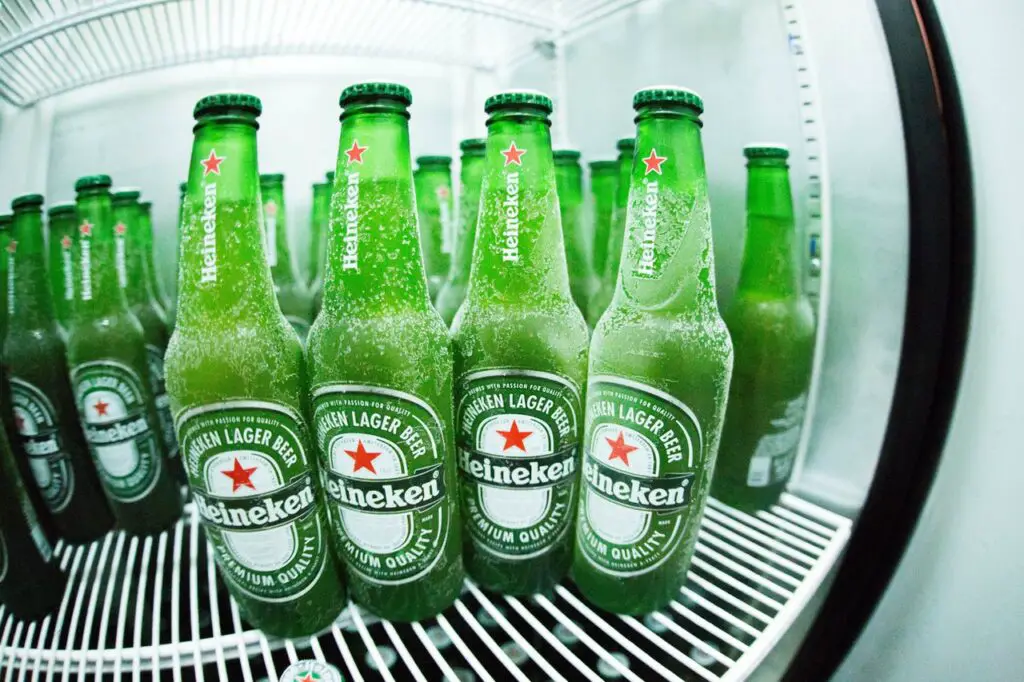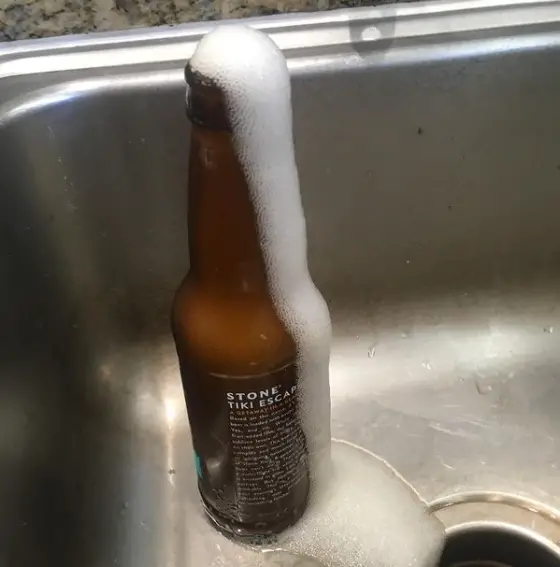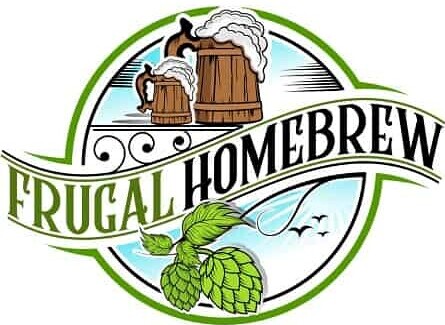
Did you know for the longest time in Europe they would drink warm beer? It was only in the United States with the invention of refrigeration a nice cold brew became popular. In fact throughout most of history people drank beer at whatever the ambient temperature was at. That leads many to wonder if homebrew needs to be refrigerated and if so when?
Homebrew does not need to be refrigerated immediately. If you are bottle carbonating beer, it is important to keep the temperature around 70F. At this optimal temperature yeast consumes remaining sugar to produce carbonation. You can refrigerate immediately when kegging your beer.
There are a lot of nuances to refrigerating your homebrew. In fact if you don’t even need to if you want warm beer. But, I would rather enjoy a nice cold one, plus you might keg a nice thick mouthfeel of yeast if you are not refrigerating bottle conditioned beer.
When to Refrigerate Bottle Conditioned Homebrew
When you are bottle conditioning your homebrew you cannot immediately refrigerate your beer. This would cause the yeast to go into hibernation. You will need to keep the temperature around 70F for approximately two weeks to ensure a complete fermentation and carbonated bottle.
2 weeks isn’t exactly a scientific number and you can probably keep it out of the fridge for as little as 3 days but I like to make sure the beer is fully carbonated so I am a bit more patient.
Keeping your homebrew in an extremely hot temperature also won’t be very beneficial as you may get a lot of esters from your yeast. Heat is also often associated with sun exposure and that is not great for your beer or the hops inside it.
We have kept an amber ale in a bottle for over a year at a temperature of 70F. We then refrigerated it and drank it. It was absolutely fine, it actually tasted like it was barrel aged, if you can believe that.
So there is really no reason to refrigerate your bottled brew, but it is important to keep it out of the refrigerator until it has carbonated or you will end up with a flat beer and flat beer is even worse than warm beer if you ask me.
When you are ready to enjoy your bottled homebrew refrigerate for a day or until chilled and enjoy. You can also age it in the fridge for longer and let the flavors meld and the sediment drop to the bottom of the bottle.
Where to Store Bottle Conditioning Beer
Bottle conditioning beer should be store in the same manner as your carboy conditioned beer.
It will need to be store at a temperature that is beneficial for the yeast type you are using. Usually around 70F. The bottles must also be stored upright and not on their sides. Lastly, they need to be kept out of any sunlight.
You might be wondering why beer bottles should be stored upright, but wine bottles are not. This is because wine bottle corks need to be kept moist, or oxygen will pernitrate the wine and ruin it. Beer should be kept upright so that the sediment and yeast can sink to the bottom.
When pouring your beer you will need to keep it steady and let the yeast collect at the bottles shoulder as not to pour it into your glass. Make sure you are not shaking up your bottles before drinking otherwise all that time it took for the sediment to collect will be wasted.
Will Bottle Bombs Happen without Refrigeration?
If you measured your priming sugar correctly and your initial fermentation was completed then there is no reason you will get bottle bombs.
However, if you added to much sugar or the initial fermentation was not completed then you have the potential for bottle bombs. This is likely the reason many homebrew kits tell you to refrigerate your bottled brew after only a few days, to avoid any potential issues.
Just recently something went awry with my bottling and it produces some bottle bombs. At this point it is important to immediately refrigerate the beer to avoid exploding bottles. The refrigeration will stop any further fermentation from taking place and you may be able to salvage your beer.

I had to pour each beer into a pitcher and wait for the foam to settle down before I could enjoy. Sometimes a beer can become infected and be undrinkable but many times its just excess CO2. At that point your beer is fine to drink.
Refrigeration and Laagering
Refrigeration allows for year round laagering. Back in the days before refrigeration, laagering was only done during the winter in cold caves.
Nowadays we can laager year round. Laagering is essentially the process of cold storing your beer in order to improve clarity and achieve peak crispness of the beer. There are specific yeasts that can be used to bottom ferment. These types of yeasts will keep esters or fruity flavors to a minimum.
While these types of beers will need to be cooled down to around 34F and kept at this temperature for a long period of time. It is essentially conditioning the beer and dropping out as much of the suspended particles as possible. While at the same time the yeast is fermenting from the bottom.
Laagering times can be as little as a few months to nearly 6 months. It’s really up to you when you want to drink the beer. It’s also important to note that when laagering its typically done in bulk. So that you can achieve consistency throughout the batch. If you laager individual bottles it could be inconsistent.
Cold Crashing Beer Before Bottling
Cold crashing is sort of like laagering but its done very quickly. You will drop the temperature right before you bottle to get as much sediment to the bottom as possible. You will get a lot of the yeast and sediment to the bottom if you are fermenting an ale. This will clear up you beer before bottling.
However, there will still be enough yeast left to bottle carbonate your beer. It’s a great way to keep your beers clear and crisp without having to buy expensive filters.
Will Beer Last Longer in the Fridge?
The short answer is yes. Beer will always last longer in the fridge. This is because it slows down the aging process. Meaning it will stop the yeast and other components from breaking down. In some aspects this is good, but because hops deteriorate with oxygen exposure it makes it very difficult for beer to last a long time.
This oxygen exposure keeps beer from lasting much longer than 6 months. So the idea that it will last longer in the fridge really doesn’t hold much merit. The best by dates on beer are because the hops will degrade over time. Putting it in the fridge will keep it from getting too warm which also will cause problems. But if you can at least keep the beer at a room temperature it should last as long as it would in a fridge.
